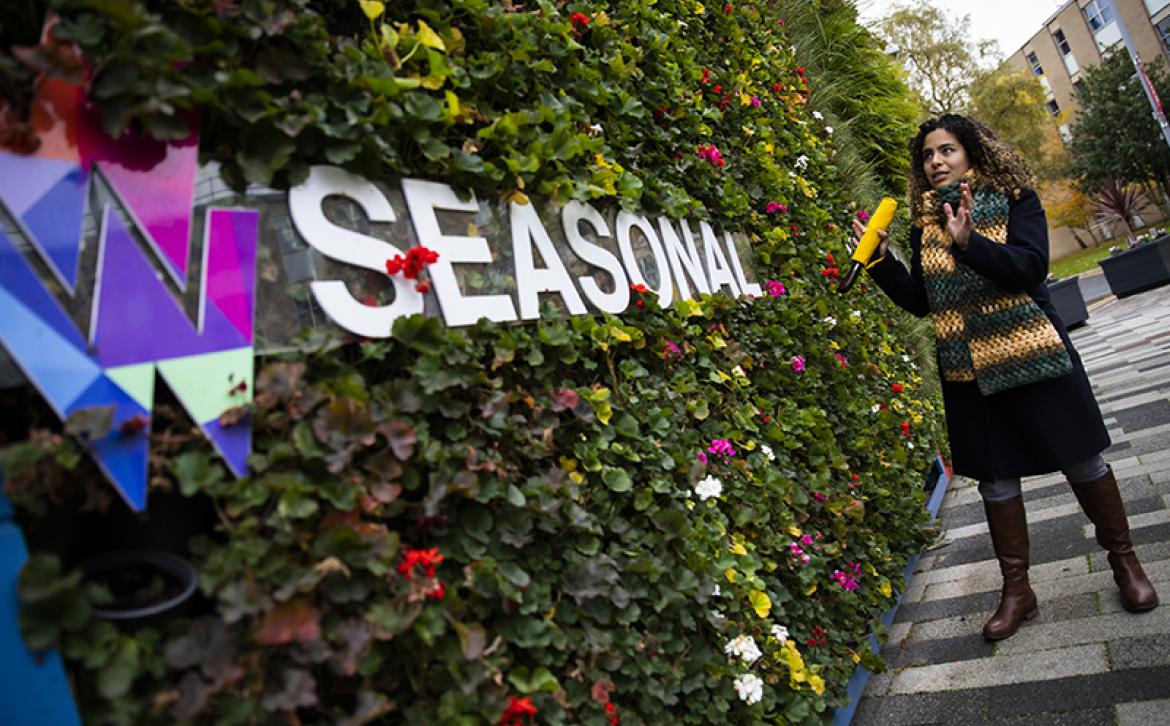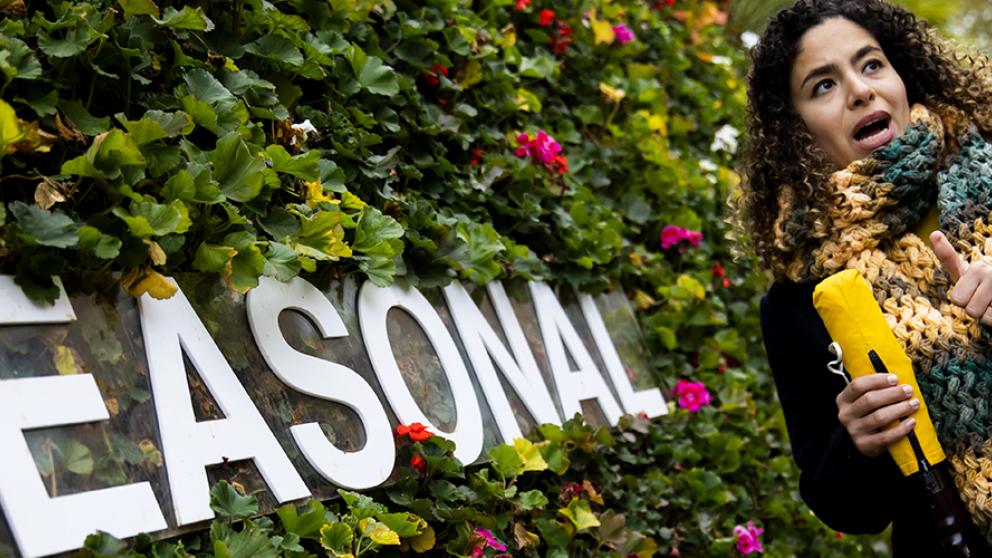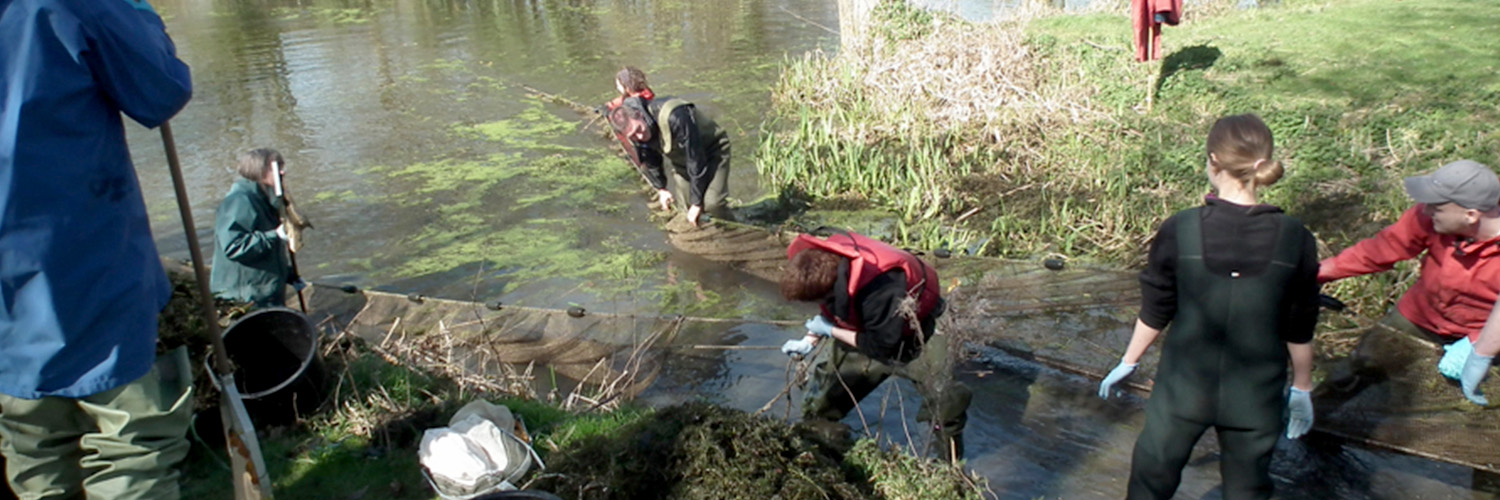Environment - part of something bigger
When you start a geography or environment-based degree with Salford, you are also joining a community making a difference in industry, our local region and in our wider society. Many of our academics and technicians who support your course are also part of a collective delivering collaborative, interdisciplinary, high-impact work in a range of local and global environmental issues and challenges.
Read on and discover how you are part of something bigger.
Ignition Greening Greater Manchester
As a civic university at the heart of Greater Manchester, we're passionate about making our region a sustainable, inclusive and progressive place for everyone. And just like the pioneering role we had in the first Industrial Revolution, we believe that the ideas and initiatives we test here in Greater Manchester, such as nature-based solutions, can make positive changes on a global scale.
Testing Nature-Based Solutions
Nature-based solutions in urban areas can help to tackle climate change. The €4.6 million EU funded IGNITION Project set a target to uplift green infrastructure in Greater Manchester and develop business models for investment in Nature-base Solutions (NBS).
![]()
The NBS Living Lab at University of Salford provides a retrofit installation to showcase a variety of NBS climate mitigation solutions and delivers evidence to inform stakeholders on investment schemes. This information is based on real-time data and raises awareness of economic, environmental and wellbeing benefits of technologies for communities.

Making an impact Ecosystems and Environment Research Centre
Our Ecosystems and Environment Research Centre (EERC) brings together interdisciplinary expertise to support many of today’s societal ambitions: zero hunger, good health and wellbeing, clean water and sanitation, sustainable cities and communities, life below water, and life on land.
Working closely with other research centres at Salford, and as part of national and international collaborations, the EERC leads high-quality, high-impact research. This helps us to understand and analyse the biological, physical, and social dimensions of environmental changes and how these impact humans, animals and plants.
Case study: Chernobyl Exclusion Zone
Universities are integral to advancing our understanding of the world around us. At Salford, we're proud to have an award-winning Ecosystems and Environment Research Centre that is leading vital research that will build new knowledge and inform future policy. Our pioneering research in the Chernobyl Exclusion Zone is just one example of how we do this.
Watch our REF21 summary video to learn more about this research project.




